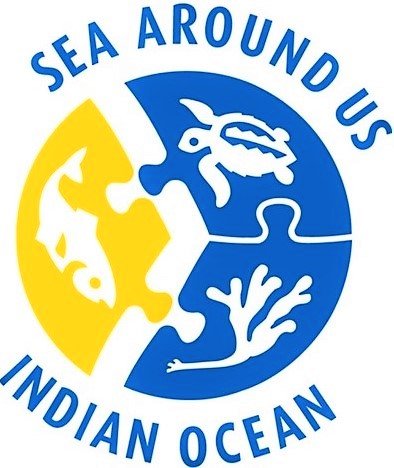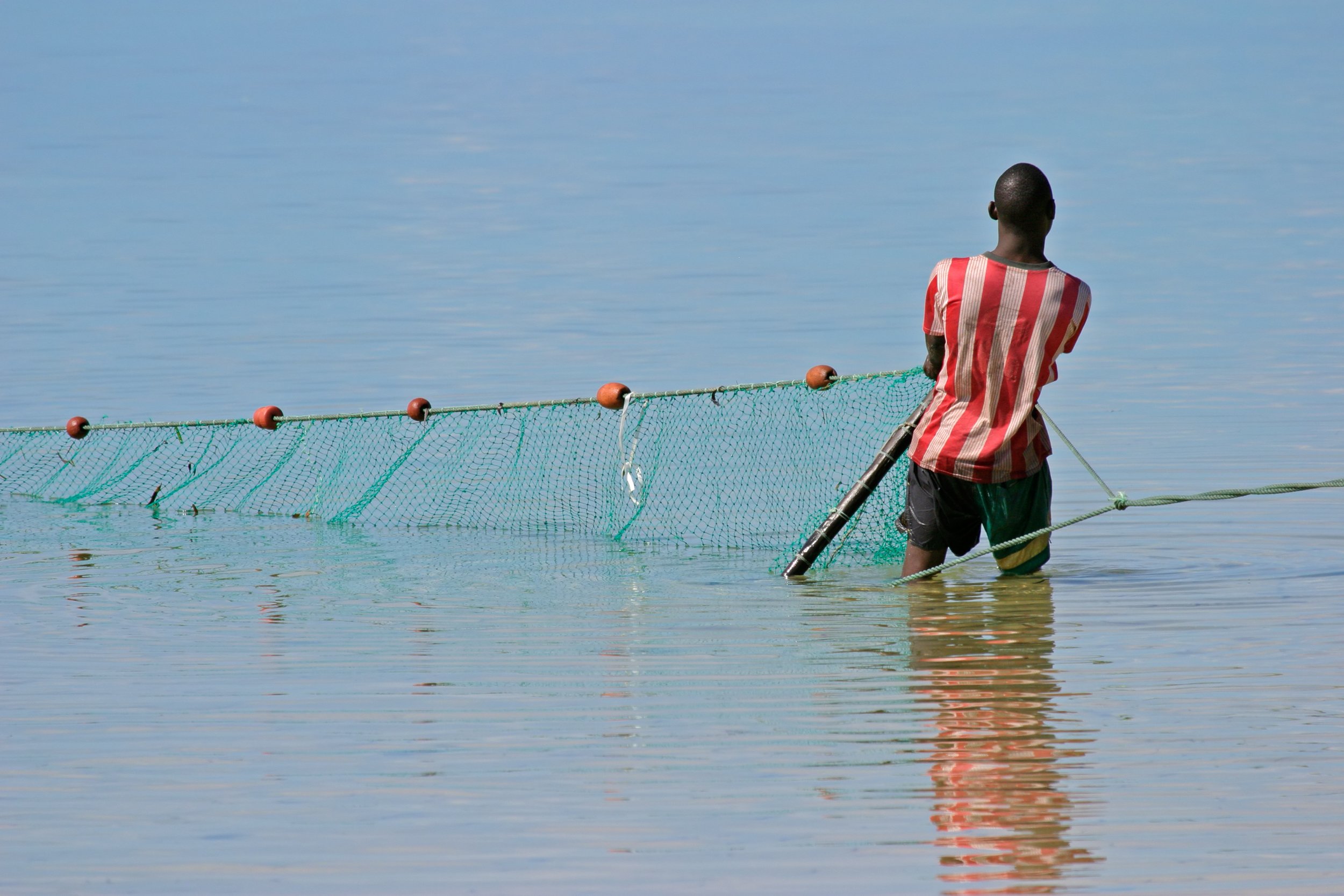Highlights of the global Sea Around Us partnership in 2020
Small-scale fisher in Mozambique.
November 21st 2020 marked the World Fisheries Day.
According to the Institute for Fisheries Resources, this day has been celebrated since November 21st, 1997, when the World Fisheries Forum (WFF) was officially established in New Delhi, India. This non-profit organization is now known as the World Forum of Fish Harvesters and Fishworkers.
After an original 18-country membership, the WFF now represents 48 national organizations of traditional small-scale fishing communities in 42 countries. These organizations are comprised of fish harvesters, crewmembers of fishing units, women engaged in work in support of the fishery, and fish workers who are engaged in activities related to the processing, sale (excluding merchants) or transport of fish.
With its headquarters established in Kampala, Uganda, members of the WFF signed a declaration stating their commitment to advocate for actions that foster the sustainability of fisheries and fishing communities, promote social justice, and preserve the cultural history of those that work in fisheries.
On World Fisheries Day 2020, the Sea Around Us initiative at the University of British Columbia (UBC) and the University of Western Australia (UWA) acknowledged those that work in small-scale fishing around the world. We presented a short video and message that highlights what our research that spans the globe has found in terms of the current state of the world’s fisheries resources. Several of these main studies were led by or had major contributions from the UWA-based Sea Around Us – Indian Ocean team being led by Dirk Zeller, School of Biological Sciences and Oceans Institute.
Further information on Sea Around Us research:
Popular seafood species in sharp decline around the world
Declining trend in fisheries catches threatens food security in African coastal communities
Preliminary assessment of 26 West African fish stocks points at overexploited populations
Popular fish species disappear from Turkey’s Marmara and Black Seas
Treating fish as a public health asset can strengthen food security in lower-income countries

